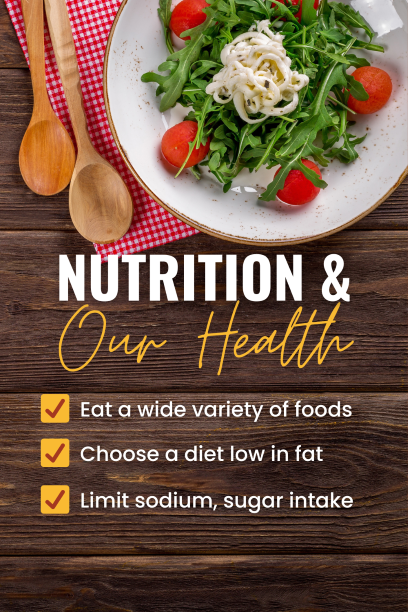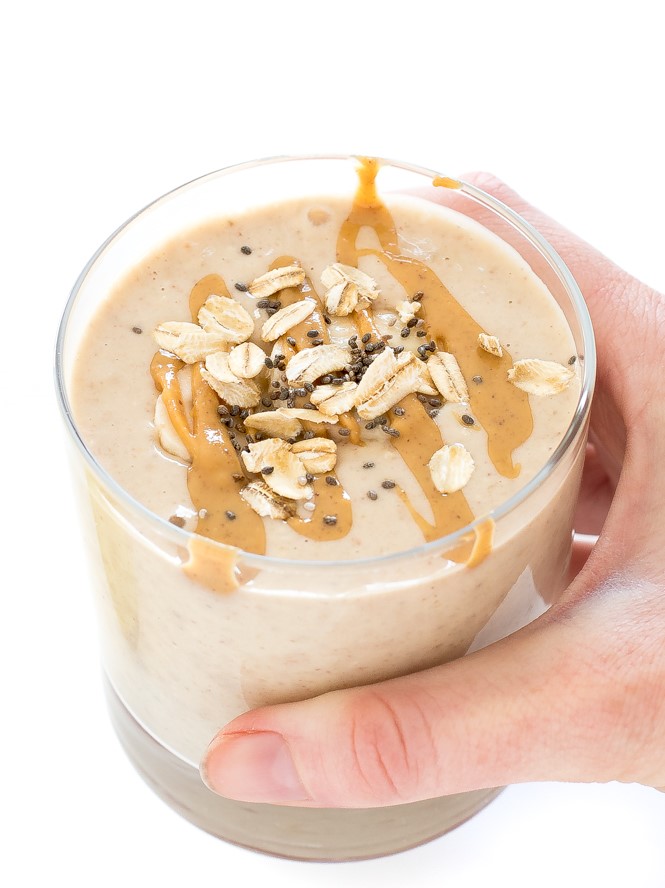
Nutrition and Our Overall Health

Nutrition Can Be Complicated.
How About a Serving of Straight Talk?
Adults who eat a healthy diet tend to live longer and have a lower risk of obesity, heart disease, type 2 diabetes, and certain cancers.
That's the payoff, but where do we start? Deborah Willcox, RD, a dietitian with Methodist Health System, breaks down what we need more of, what we need less of, and the top 3 things women should prioritize with their nutrition.
"The nutritional value of what goes into our bodies really does affect our overall health." - Deborah Willcox, RD, LMNT, LD, Chief Clinical Dietitian, Methodist Health System
-
The best way to get the many nutrients we need for good health is by eating a wide variety of foods from the five basic food groups.
- Fruits and vegetables are the best way to get dietary fiber, vitamins, and minerals.
- Choose a diet low in fat and sodium. The typical American diet contains too much salt. Limiting sodium intake can improve your blood pressure and heart health.
- Try to use table sugars and products with added sugars in moderation. A diet high in sugar has been linked to weight gain. Increased sugar levels can lead to headaches and mood swings.
Top 3 things women should prioritize: iron and iron-containing foods, vitamins, and minerals
- Nutrition for girls during puberty: calcium and Iron
- Nutrition for women during childbearing years: folic acid, B12, choline, Omega-3s, vitamin D, calcium, and iron
- Nutrition for women during menopause: calcium, B12, fluids, vitamin D
Giving your body the fuel it needs to do its job is essential. Skipping on nutrition can reduce muscle mass, lower bone density and cause fatigue. This can put you at risk for injury and illness, cause hormonal problems and for women, menstrual issues.
How often you should eat depends on your individual needs and preferences, but a general guideline is to eat three balanced meals and one to three snacks per day. Eating too frequently or too infrequently can cause problems such as weight gain, low blood sugar, and digestive issues. You should also consider your weight management goals, physical activity, existing conditions, and overall health when deciding how often eat.
Pressed for time? Try these quick and easy recipes to help keep you fueled throughout the day.
A.M. JUMPSTART | PEANUT BUTTER OATMEAL SMOOTHIE

P.M. PICK-ME-UP | HEALTHY GREEK YOGURT GUACAMOLE

